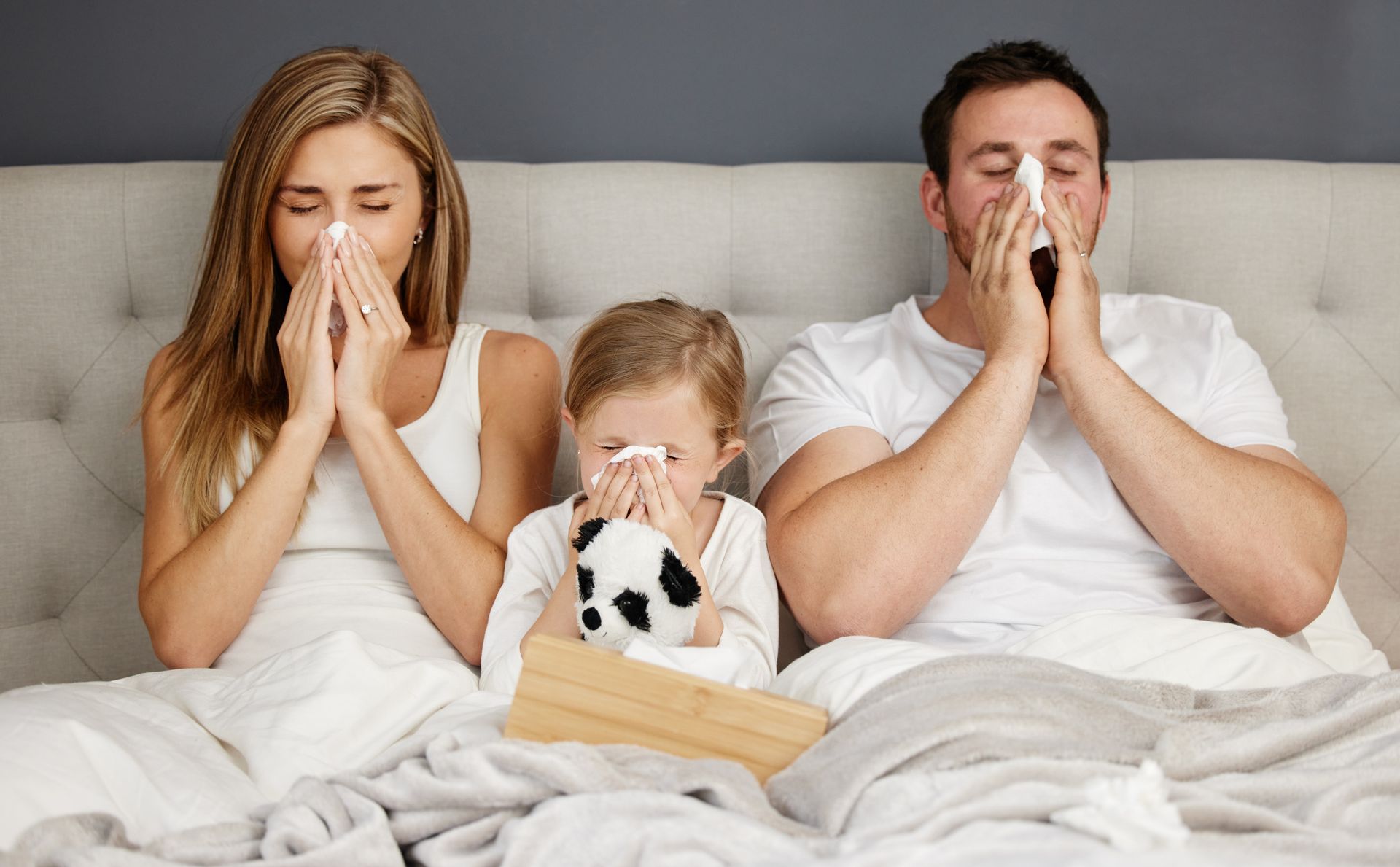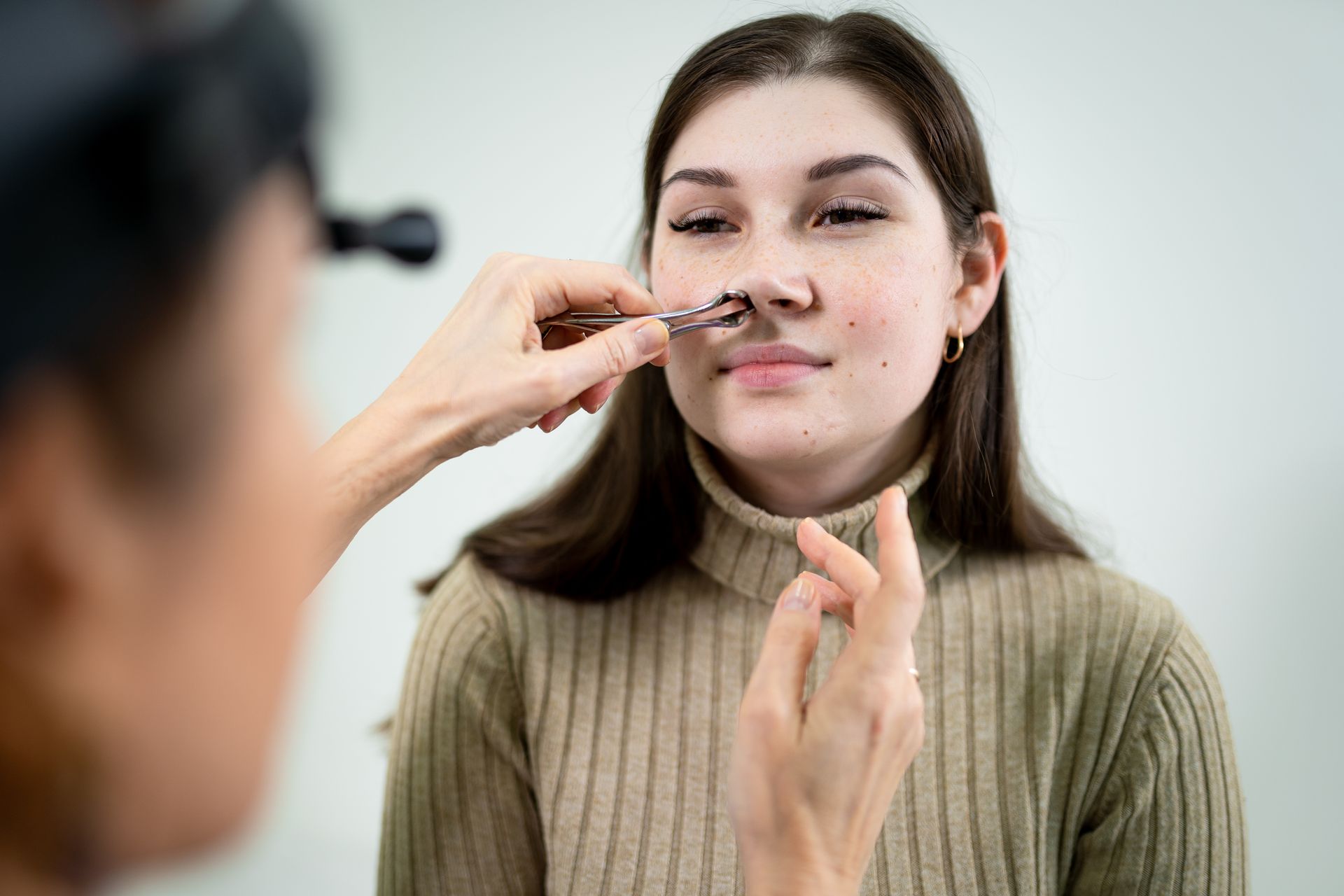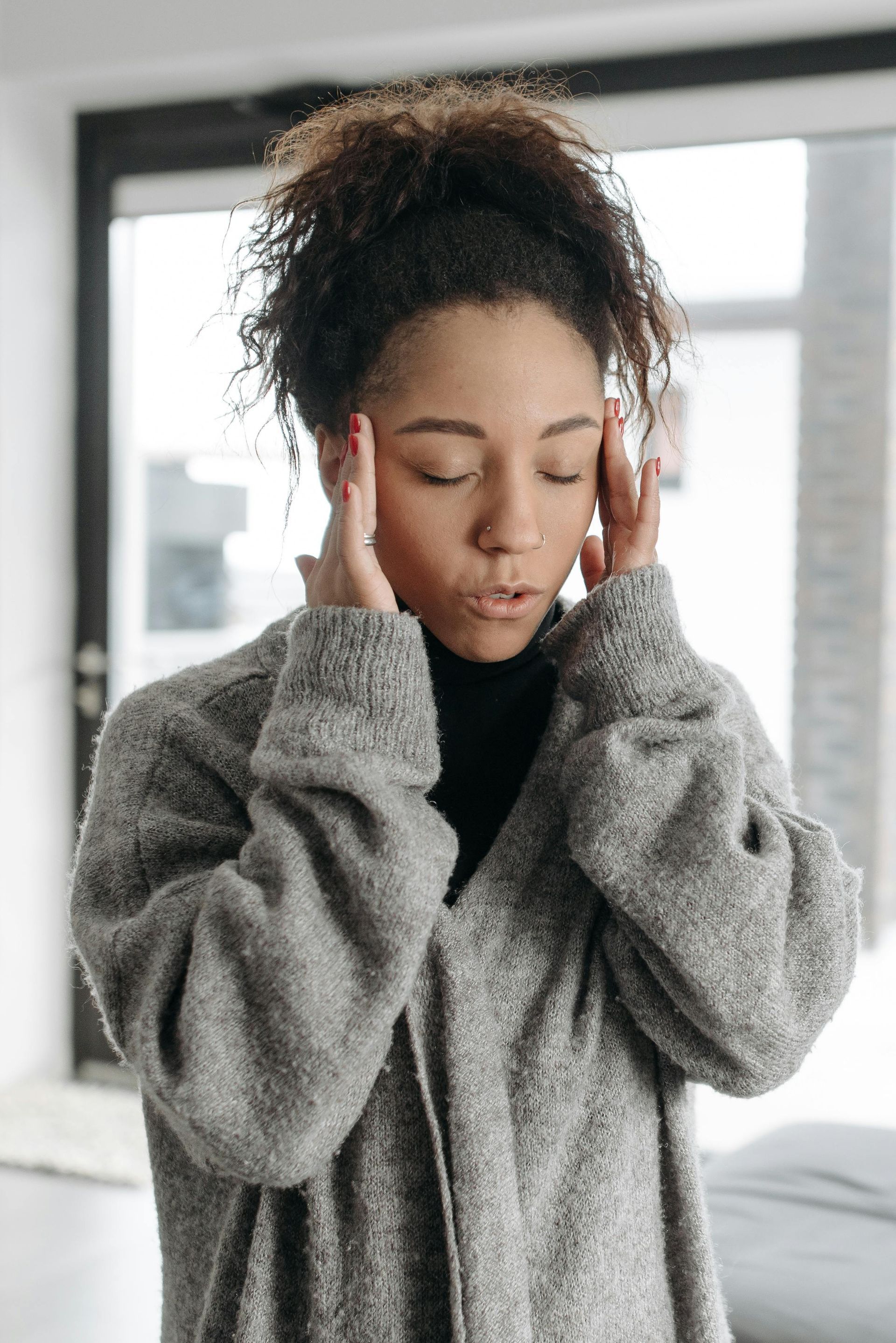Do You Get Laryngitis when the Autumn Leaves Fall?
Autumn is a beautiful season that brings about changes in nature, from the vibrant colors of falling leaves to cooler temperatures. However, as the leaves start to fall, some people may begin to worry about their health, particularly in relation to laryngitis. In this blog post, we will explore whether there is a connection between autumn leaves and laryngitis.
What is laryngitis and its causes?
Laryngitis occurs when the vocal cords become swollen or irritated, resulting in changes to the voice. It can be caused by infections, such as a cold or flu, overusing the voice, inhaling irritants, or having gastroesophageal reflux disease (GERD). Other factors like smoking, allergies, or dry air can also contribute to laryngitis. While laryngitis can occur at any time of the year, some people may notice an increase in symptoms in late fall, winter, and early spring.
Understanding the connection between autumn leaves and laryngitis
While there is no direct link between autumn leaves and laryngitis, it is believed that certain environmental factors during the autumn season can contribute to the increased occurrence of laryngitis. The cooler weather and drier air can cause the vocal cords to become dry, leading to irritation and inflammation. Additionally, allergies related to pollen and mold present in fallen leaves during this time may also contribute to laryngitis symptoms in some individuals.
It is important to note that while autumn leaves may aggravate laryngitis symptoms for some people, the primary causes of laryngitis are still the viral or bacterial infections, vocal strain, and other factors mentioned earlier. Seeking medical advice is recommended for proper diagnosis and treatment of laryngitis symptoms.
Taking Care of Your Voice
While autumn leaves may not directly cause laryngitis, it is still important to take care of your voice during this season.
Here are a few tips to keep your vocal cords healthy:
- Stay hydrated: Drink plenty of water to keep your vocal cords lubricated and prevent them from getting dry.
- Rest your voice: If you feel strain or hoarseness in your voice, give it a break and avoid excessive talking or shouting.
- Avoid irritants: Try to minimize exposure to smoke, chemicals, and other irritants that can harm your vocal cords.
- Practice good hygiene: Wash your hands regularly to prevent the spread of infections, and avoid close contact with individuals who have respiratory illnesses.
Conclusion
In conclusion, there is no direct connection between laryngitis and the falling of autumn leaves. Laryngitis is primarily caused by infections or irritants, which can occur at any time of the year. While it's important to take care of your voice during the autumn season, there's no need to worry specifically about the leaves causing laryngitis. By following good vocal care practices and maintaining a healthy lifestyle, you can keep your voice in optimal condition throughout the year.













